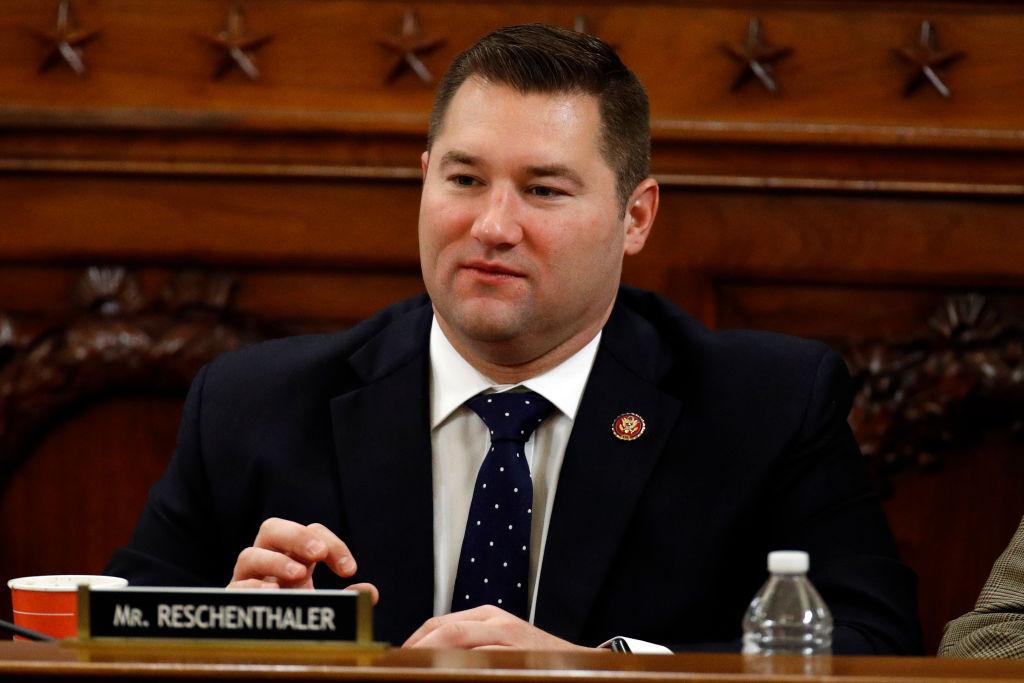U.S. Rep. Guy Reschenthaler (R-Pa.) has introduced a new bill to withhold federal funding to the World Health Organization (WHO) until its current Director-General Tedros Ghebreyesus resigns.
“The WHO helped the Chinese Communist Party hide the threat of COVID-19 from the world and now more than 10,000 Americans are dead, a number that is expected to rise dramatically in the coming weeks,” said Reschenthaler in a press release from his office.





